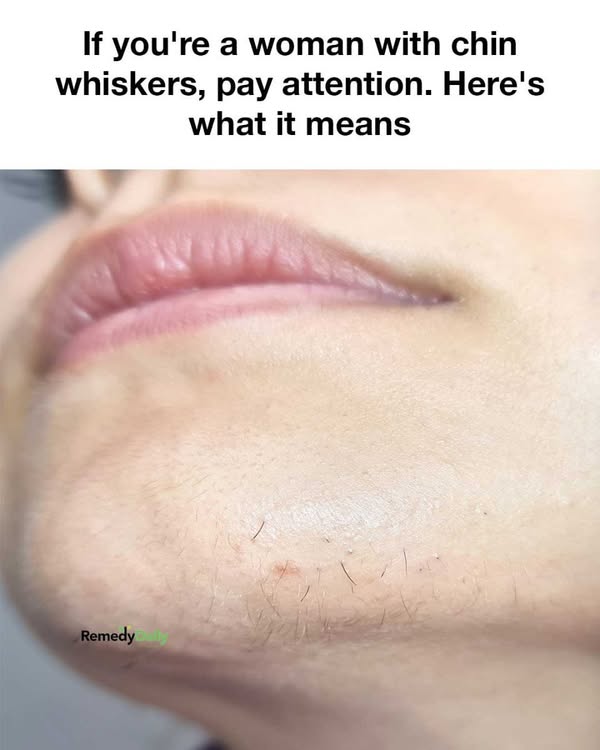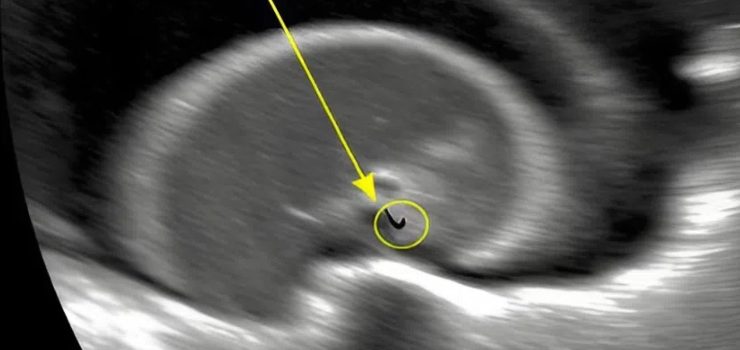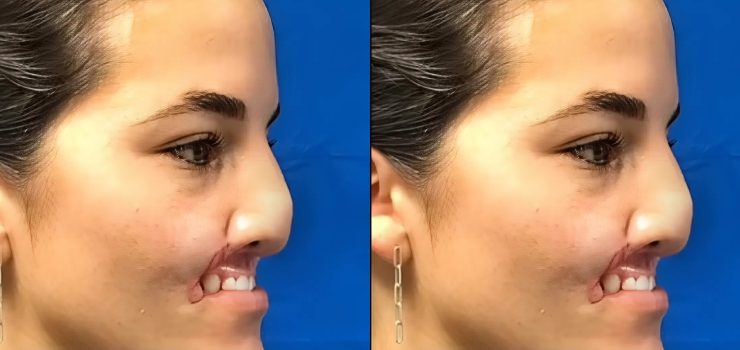Chin whiskers are a surprisingly common issue for many women, and while they are usually harmless, they can still cause concern, discomfort, or embarrassment. These stray facial hairs vary widely in appearance, ranging from barely noticeable, fine, and light strands to thick, coarse, and dark ones that are much more visible. Some women might only notice a few random hairs now and then, while others experience more consistent and noticeable growth. Either way, understanding the underlying causes of chin whiskers can make a big difference in how to manage them effectively.

Facial hair growth is influenced by several factors, including hormone levels, genetics, and medical conditions. Chin hair, like all other body hair, grows in cycles known as the anagen (growth), catagen (transitional), and telogen (resting) phases. The growth is regulated by androgens, which are hormones such as testosterone that both men and women naturally produce. In women, an increase in androgens or heightened sensitivity to these hormones can result in more visible facial hair. In addition, genetic factors play a significant role—your DNA determines the density of your hair follicles and where they grow, which is why some women may be more prone to chin whiskers than others. One of the most frequent causes of facial hair in women is hormonal imbalance. A common culprit is polycystic ovary syndrome (PCOS), which leads to elevated levels of androgens and causes a condition called hirsutism, where women grow hair in areas more typical of male patterns. Another major hormonal shift happens during menopause, when estrogen levels decline and the balance between estrogen and androgens shifts, potentially leading to increased facial hair.
Additionally, certain medications, such as birth control pills, hormone replacement therapies, or even steroids, can contribute to changes in facial hair growth. Beyond hormones, genetics heavily influence whether or not a woman will develop chin whiskers. If your mother, grandmother, or sisters have had them, chances are you might, too. Women of certain ethnic backgrounds—including those of Mediterranean, Middle Eastern, or South Asian descent—are also more likely to experience facial hair.
While some degree of facial hair is perfectly normal, excessive or sudden growth can be a sign of an underlying medical issue. In addition to PCOS, conditions like Cushing’s syndrome, adrenal gland disorders, hypothyroidism, or hormone-producing tumors can also trigger excess facial hair. If you notice rapid changes in your facial hair, especially when accompanied by other symptoms like acne, irregular periods, or unexpected weight gain, it’s best to consult a healthcare provider. They may recommend blood tests to check hormone levels or imaging tests to look for abnormalities in the ovaries or adrenal glands.
@realronsina Don’t worry about my chin hair! #realronsina #fypシ #fyppppppppppppppppppppppp #comedian #chinhair #tiktokpartner ♬ original sound – Real Ronsina
The emotional and psychological impact of chin whiskers shouldn’t be underestimated. Many women feel self-conscious or anxious about their appearance, which can affect their confidence, social life, and even professional interactions. The pressure to conform to societal standards of hair-free skin can be intense, leading some women to go to great lengths to remove or hide their facial hair. This might include frequent shaving, plucking, waxing, or using depilatory creams, all of which can be time-consuming and sometimes irritating to the skin. For longer-term solutions, laser hair removal and electrolysis offer more permanent reduction in hair growth by targeting hair follicles directly. Prescription topical treatments like eflornithine cream can also help slow down the growth of facial hair. The choice of method often depends on your skin type, sensitivity, budget, and personal preferences. Lifestyle changes and natural remedies may also help regulate hair growth. Maintaining a healthy weight is particularly important for women with PCOS, as weight loss can help balance hormones. Eating a nutritious diet rich in whole grains, fruits, and vegetables can support hormonal health, while spearmint tea has shown promise for its anti-androgen effects. Managing stress through yoga, meditation, or other relaxation techniques may also help, since chronic stress can contribute to hormonal imbalances. Ultimately, the decision to remove or accept chin whiskers is a personal one. The most important thing is to make choices that support your confidence and comfort. Chin whiskers are more common than many women realize, and there are plenty of effective tools and resources available to help manage them. Whether you choose to seek treatment or embrace your natural look, remember that you’re not alone, and there’s no single “right” way to handle facial hair.





